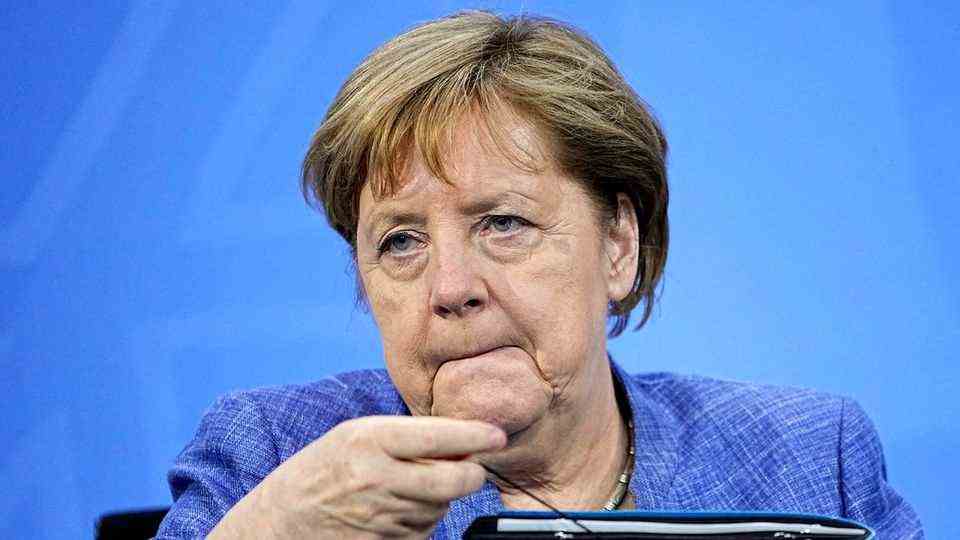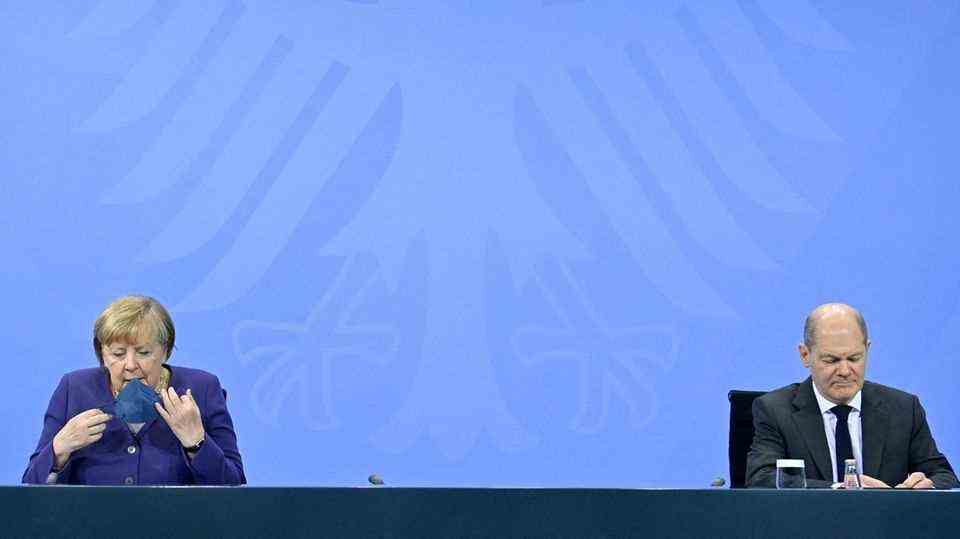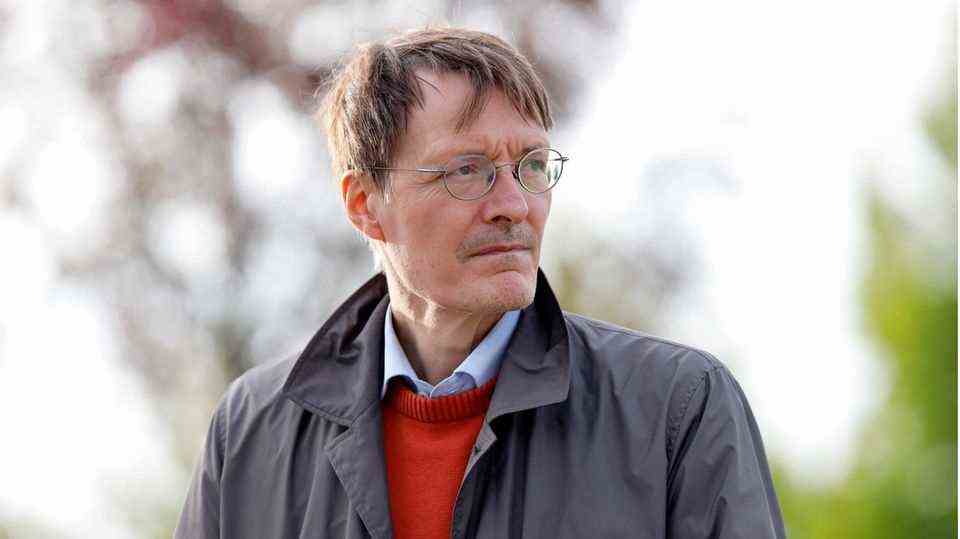opinion
Fight against fourth wave
Three things can be read from the Corona resolutions
The Executive Chancellor Angela Merkel (CDU) and Olaf Scholz (SPD), designated SPD Chancellor and Executive Minister of Finance
© John Macdougall / AFP / DPA
Even with Olaf Scholz, the federal and state governments remain true to one another: today’s resolutions are at least two weeks late.
There are less than five hours until the tattoo, which Angela Merkel is supposed to say goodbye to after 16 years as head of government, when the Chancellor has to be fully chancellor for the very last time. The pandemic leaves no time for a gentle retreat from office. Once again she wrestled with the Prime Minister. She then appears again in front of the press. Once again she appeals to the population: The situation is serious!
What Merkel and the country leaders decided on Thursday is not really new. Two days ago, the group discussed the correct lessons from the decisions of the Federal Constitutional Court for combating pandemics. But because that was an informal meeting, the official announcement now follows two days late.
As a reminder, these measures were expected – and are now coming:
- The goal of 30 million vaccinations since November should be achieved by the end of the year.
- The vaccination status is not recognized permanently, but expires after a certain time – nine months are in conversation. But there should be transition periods in order to be able to refresh the vaccination.
- The 2G rule is extended to retail and also applies to leisure events.
- The number of participants for supraregional sports, cultural and comparable major events is restricted. In future, a maximum of 30 to 50 percent of the capacity may be used. Inside, however, there may be a maximum of 5,000 visitors, and a maximum of 15,000 outside.
- If a person is not vaccinated at private meetings, contact is strictly limited to one household plus two other people from another.
- Clubs and discos must close at the latest from a seven-day incidence of 350.
- At this incidence, private meetings are also limited: to 50 people indoors, 200 people outdoors.
- Masks are compulsory in schools
It is a de facto lockdown for unvaccinated people that the MPK decided today. The vaccination program is ambitious and is now being organized by a Bundeswehr general – but it cannot break the fourth wave immediately. And so the question remains whether these measures can really reduce contacts sufficiently. Or whether tougher rules would also be very helpful for those who have been vaccinated and boosted, as the scientists at the Leopoldina are calling for.
In this respect, the MPK remains true to itself: What is coming now would have been necessary two weeks ago. And what is still necessary now will come in two weeks.
Soon-to-be-Chancellor Olaf Scholz has to deliver now
Politically speaking, three more conclusions can be drawn from this press conference. The fight against the pandemic is now, firstly, finally in the hands of the traffic light coalition – and thus with Olaf Scholz. All the important questions went to him. He is no longer solely responsible for ensuring that the new Bridging Aid IV arrives on time for all self-employed. He bears overall responsibility.
Scholz has to deliver now. His government does not get a grace period of 100 days. After three weeks in office, it will be measured by whether 30 million doses of vaccine have found their way into the upper arms of Germans.
“You can see from the resolutions that we understand that the situation is very serious,” said Merkel. And certainly did not mean that it took her a particularly long time to realize this. Rather, today’s resolutions mark, secondly, an admission by the new government composed of the SPD, Greens and FDP that it recognized the signs of infection of the time too late. The Infection Protection Act, which has just been introduced by the traffic light coalition through the Bundestag and Bundesrat, is being improved. Once again.
The “epidemic of national importance” has abolished the traffic lights, as the first joint project, even before a coalition agreement was even signed. Not much remains of that than a little misplaced Freedom Day symbolism. Transitional periods for measures to deal with the epidemic situation are to be extended again. Instruments, which the FDP in particular wanted to say goodbye to forever, are subsequently written into the law.
It now looks like trying to screw a child’s training wheels back onto the lurching bike while it is speeding down a mountain.

In addition, the attempt by the traffic light parties to transfer pandemic policy to parliament, which is commendable in terms of democratic theory, has failed with this MPK for the time being. If the situation gets really serious, that is the third insight of this day, but the Germans must again rely on a body whose disagreement and lack of insight they have actually grown tired of: the Prime Minister’s Conference.
“Today we spoke of an act of solidarity so that we can relieve our health system and not overload it,” said Merkel at what will probably be her last press conference. She is leaving a country to her successor whose stock of solidarity has long since dwindled to a critical level.




